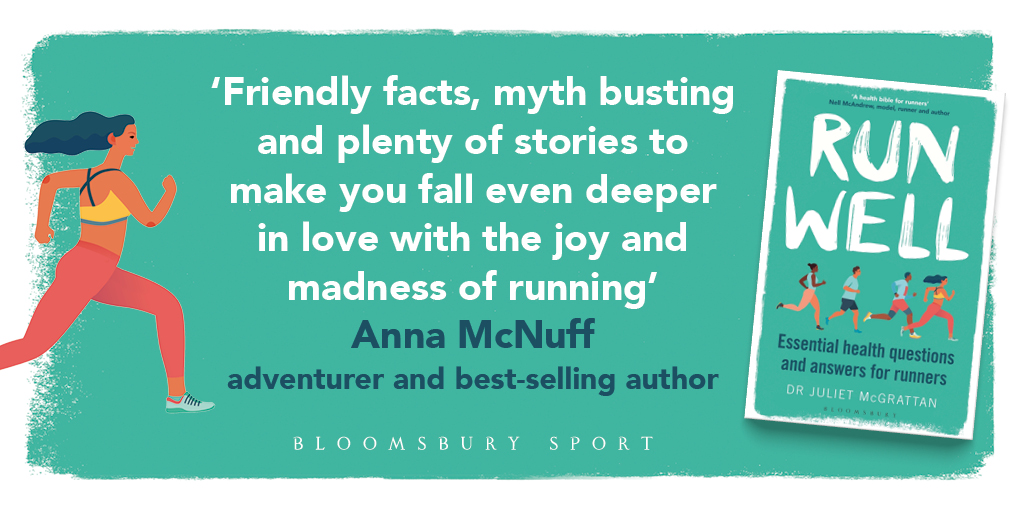I started running because I wanted to feel physically fitter. I soon discovered that it was the mental health benefits of running that would have the biggest impact on me and they’re the main reason I have continued to run over the years that followed. But why does running have such a profound effect on mental wellbeing? How can running be so transformative? What happens in the brain when you run? How can running change your life!?
The evidence that running can improve mental health is growing. There are still many unknowns in terms of how exactly it happens and what the benefits are.
Here are five ways running improves your mental health:
1. Running causes the release of brain chemicals.
I’m sure you’ve heard of endorphins, the body’s own feel good substances that are released when you exercise? They bind to the same receptors in the brain as opiate drugs such as morphine. They make you feel euphoric, pain free and on top of the world. What you may not know is that chemicals called endocannabinoids are released too. These are similar to cannabis and induce feelings of calm, wellbeing and relaxation. Both of these will make you feel really happy and are probably partially responsible for the ‘runners high’ and some of the mood boosting effects you can feel after a run.
2. Running connects you with nature.
Exercise indoors is great but there are extra rewards to be had for those that venture outside. Exercising in parks and woodlands is 50 per cent better for mental wellbeing than exercising indoors. Find greenery when you can but studies show that even outdoor urban environments are better than exercising indoors. Even when the weather is rubbish, that extra challenge and invigoration after a run in the wind and rain can boost your mood.
3. Running reduces inflammation in the body.
Depression is partly caused by and may be enhanced by inflammation in the body. This low level, long-term, bubbling away inflammation contributes to many major diseases such as cancer, heart disease and type 2 diabetes. Exercise has an anti-inflammatory effect on the body. Muscles release myokines, anti-inflammatory proteins, during running. Running also helps to get rid of harmful, internal fat called visceral fat which causes lots of inflammation in the body. A reduced level of inflammation means a lower risk of many medical conditions including depression.
4. Running improves self-esteem.
Doesn’t it feel good when you meet a target you set for yourself? You feel happy, accomplished and positive. Running is ideal for goal setting. It moves you forwards and along the way you grow in confidence about what you can achieve. You begin to trust yourself, to understand the power of your body and mind and that then spills over into other areas of your life. The steps may be small at first but you quickly learn that you can achieve anything if you break it down into small steps and keep working at it week after week.
5. Running brings personal connections.
Social health is a vital component of wellbeing. Being part of a community, having a sense of belonging and regular connections with others helps maintain good mental health. People who are lonely or isolated are more at risk of mental health problems. Running is wonderful because you can choose the type of community that suits you best. It might be a virtual community, that’s there for you 24/7, a running club or just one running buddy who knocks on your door from time to time. Maybe it’s all three of those things. Whatever works for you, running has a way of connecting people. There’s a shared understanding between runners and the running community itself is a wonderfully, supportive and encouraging place.
I’d love to know how you feel running improves your mental health? Does it help you to stay mentally well? Maybe it has transformed you? Leave me a comment here or on social media and let’s share the amazing power of running for our minds.
You can learn much more about the effect of running on the brain and on your entire body in my book Run Well: Essential health questions and answers for runners. Published by Bloomsbury and available to buy now.

Featured image: Gratisography







